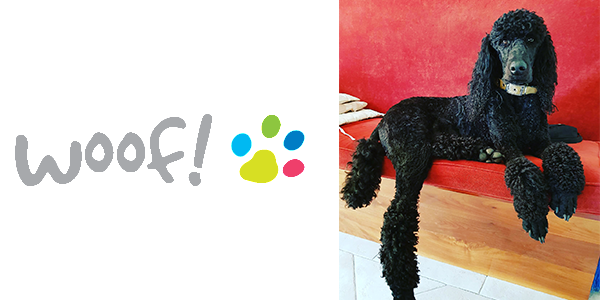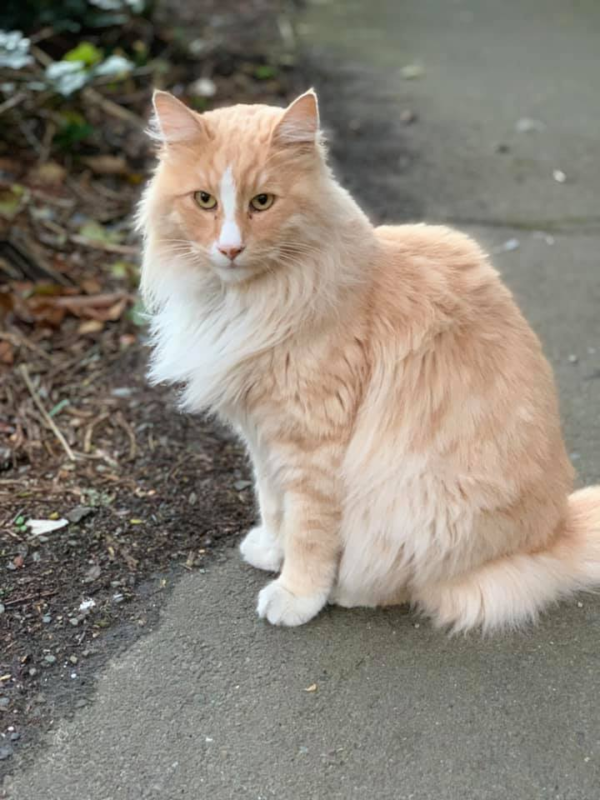Communication disability affects 1.2 million people in Australia. For four years, we’ve been partnering with Speech Pathology Australia to help shine a light on this often-invisible issue, and champion the work of those who treat it. Speech Pathology Week (23-29 August) is a yearly opportunity to do just that.
The word ‘confidence’ came up again and again in our conversations with speech pathologists and in the media’s representation of the issue. The ability to communicate with confidence affects employment, education, and inclusion. For many, a lack of confidence can be incapacitating. That’s when working with a speech pathologist can make a huge difference. Out of these conversations, the theme for Speech Pathology Week emerged: “communicating with confidence”.
And this year, we came across two Australians who truly embody this theme: Delta Goodrem and Harrison Craig.
Harrison Craig developed a debilitating stutter when he was just two years old, but extensive work with a speech pathologist led him to discover he could sing without stuttering. He went on to win season two of The Voice, at just 18 years old. Harrison has now released two albums and written a kid’s book, Harrison’s Song. The singer regularly uses his story to talk about the vital importance of speech pathology.
‘It’s a big part of the person I am, and the journey I’ve been on with The Voice,’ says Craig.
‘I started to stutter from about the age of two and from then on it’s been a journey to bring that under control and to learn how to control it. It’s something you have to manage, and it’s about knowing that you can do it.’
This journey was made more pertinent this week when Delta Goodrem – who was a judge on The Voice in Harrison’s season – revealed she experienced tongue paralysis after surgery in 2018, meaning she was unable to speak. It was only after months of daily sessions with a speech pathologist that she was able to get her voice back.
But so many people are yet to find their own way of communicating with confidence, and this can have very real repercussions on their lives. Research from the Australian Bureau of Statistics shows only 38% of people with communication disabilities participate in the workforce, compared with 80% of people without one. And with the enormous economic impacts of COVID-19, these statistics are only expected to worsen.
These are also isolating times – a dependence on digital interaction and the prevalence of masks can make communication even harder for those who find it difficult in the first place.
Our hope is that two great artists using speech pathology to succeed will inspire other people to reach out to a speech pathologist. With their help, maybe they too can communicate with confidence.
More information on communication disability and Speech Pathology Week is available on Speech Pathology Australia’s website: speechpathologyaustralia.org.au/week

The trouble with cats
Well, Melbourne is now a month into stage four lockdown.
As the warmth and smells of spring make their tantalising presence known, I lay dormant.
Confined to an hour walk a day, I’m itching for the freedom I once had. I think of unchecked skateboarders rolling down the street; unscathed possums sauntering through the park; half-eaten hotdogs sitting on the footpath, begging to be finished.
But as a loyal dog I remain at home, in solidarity with my family. Because I am a good boy. Others, however, are not so good.
Take a look out your window, onto the street. Chances are, there’s a cat smugly strolling down the road. Or worse, sitting there lazily – as if there isn’t a killer virus storming through Victoria! But that’s cats for you. Arrogantly detached, too cool for school.
But do you know what really kills me? People lap it up. In New Zealand, local celebrity Mittens the cat is currently in the running for New Zealander of the year. As if being bestowed the key to the city of Wellington in May wasn’t enough.
According to CNN, Mittens’ fellow nominees include Prime Minister Jacinda Ardern and Director-General of Health, Dr Ashley Bloomfield.
While Wellington’s dog community was staying at home, doing their bit to fight COVID-19, Mittens was out making a name for herself. Wellington’s residents have even been documenting her adventures around the city, in the tediously named Facebook group: “The Wondrous Adventures of Mittens.”
My attempts at infiltrating the group have been unsuccessful, as I expect they have a no dogs allowed policy, but also because typing is hard when you have paws.
Regardless, Mittens will not be getting my vote. I’ll be voting for Jacinda Ardern, for her clear, and compelling approach to crisis communications throughout the pandemic.

Getting to the heart of issues is integral for effective communication.



